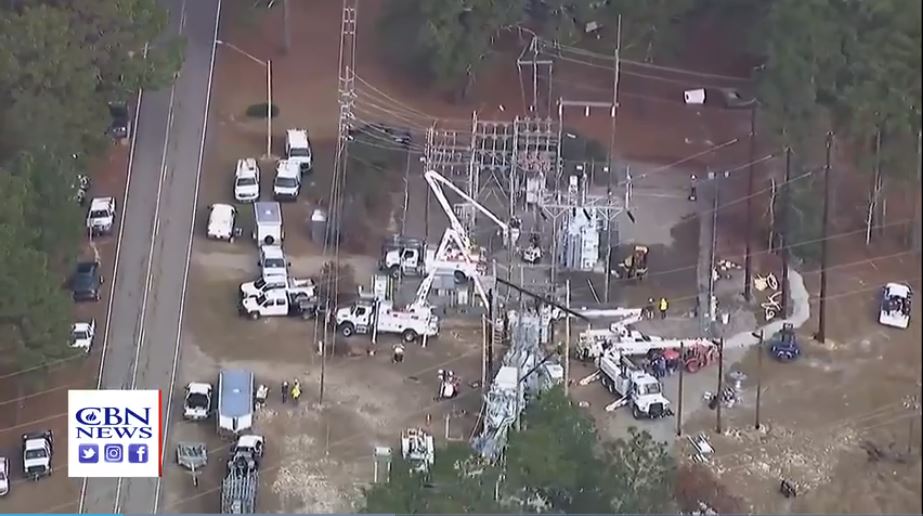
By Krishna N. Das and Rupam Jain
NEW DELHI (Reuters) – Mounting outrage over two rapes, one in the disputed region of Kashmir and another allegedly involving a lawmaker from Prime Minister Narendra Modi’s party, gripped India on Friday, with government ministers struggling to dampen political fires.
Opposition leader Rahul Gandhi held a candlelit vigil at India Gate in New Delhi, the same site where thousands of people demonstrated in 2012 against a brutal gang-rape in the capital.
“Like millions of Indians, my heart hurts tonight,” Gandhi wrote on Twitter after addressing an estimated 5,000 people at Thursday’s midnight vigil. “India simply cannot continue to treat its women the way it does.”
Modi has yet to speak out on the rapes, which have drawn conflicted responses among the lower ranks of his own Bharatiya Janata Party (BJP).
Horrifying details of the alleged gang rape and murder of an eight-year-old Muslim girl, Asifa, in a Hindu-dominated area of Jammu and Kashmir state in January, emerged this week from a police charge sheet.
The BJP shares power in the state, where party members joined a rally to show support for eight Hindu men accused of the crime, including a former bureaucrat and four police officers.
“Yet again we’ve failed as a society,” Bollywood actor Akshay Kumar said in a Twitter message.
“Can’t think straight as more chilling details on little Asifa’s case emerge…her innocent face refuses to leave me. Justice must be served, hard and fast!”
Amid fears the case could escalate unrest in a region where security forces are battling separatist militants, separatist leader Mirwaiz Umar Farooq vowed to launch an agitation if any attempt was made to shield culprits or sabotage investigations.
“It is a criminal act and perpetrators of the crime should be punished,” he added.
Thousands of Kashmiris joined street protests in Srinagar this week, following the death of four protesters in a clash with security forces.
In the crime-ridden northern state of Uttar Pradesh, federal police on Friday began questioning a BJP member of the state legislature who is accused of raping a teenage woman in June.
Chief Minister Yogi Adityanath, a rising star in the party, asked the Central Bureau of Investigation (CBI) to take over the case this week after the state’s police were heavily criticized for not acting sooner on the victim’s complaint.
A CBI spokesman said the lawmaker, Kuldeep Singh Sengar, was being questioned on Friday, but had not been arrested.
Sengar’s lawyer has said his client was innocent and the case was a conspiracy to harm his political career.
Ministers have insisted that justice will be done no matter who committed the crime, while defending the government’s record on fighting violence against women.
“We are here to safeguard the interest of our daughters, they are the daughters of the nation,” federal minister Mahesh Sharma told reporters on Thursday.
Maneka Gandhi, the minister for women and child development, said her ministry planned to propose the death penalty for the rape of children younger than 12. The maximum punishment now is life imprisonment.
Responding to the outpouring of national shame and anger after the 2012 New Delhi case, the then Congress-led government tightened laws on crimes against women.
India registered about 40,000 rape cases in 2016, up from 25,000 in 2012, the latest data show. Rights activists say thousands more go unreported because of a perceived stigma.
(Writing by Simon Cameron-Moore; Editing by Clarence Fernandez)










